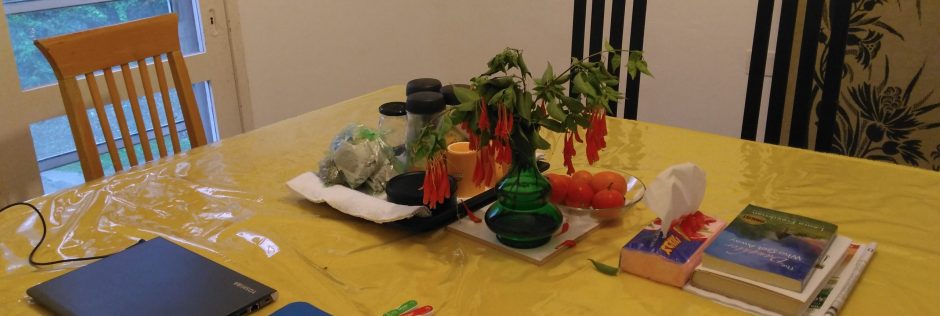
Joseph Baum was a Zionist who supported every attempt to revive the Hebrew language. He insisted his children speak Hebrew even in Brooklyn. Every summer he hired a young Palestinian Jewish “governess” to accompany the family on their vacation in the country. The children, Flora and Edwin, were expected to speak Hebrew with this governess, so they avoided her as much as possible. In the Hebrew vs. Yiddish linguistic wars of that time, Joseph might have been expected to take a stand against Yiddish. But he didn’t. He took the family to Yiddish theatre in an era when Zionists in Tel Aviv put a Yiddish play on trial for promoting primitive folk beliefs (Ansky’s The Dybbuk). He also had many friends in the Yiddish cultural world of New York.
In the summer of 1920, Joseph and Charlotte sent the children to camp and went to Europe on a pleasure trip. But Joseph was president of the Hebrew Immigrant Aid Society (HIAS), so they were caught up in events there. Tens of thousands of Jewish refugees were fleeing pogroms perpetrated by Russians and Ukrainians. In Danzig, the community had set up a refugee camp where the Baums came to volunteer. Charlotte assisted the US consul who processed requests for visas. Whenever there was an especially difficult case she was sent to plead with the consul because he was known to listen to her. The camp was overcrowded and filthy. The refugees had to line up to get a ticket for each meal until Joseph convinced the administrators to distribute food stamps for several weeks at a time. The difficulty of caring for this influx of homeless and traumatized Jews caused the rabbi of Danzig to live under tremendous stress, and he died young.
Many Yiddish actors and playwrights immigrated to the US at that time, when the doors which would later be closed were still open. It was easier for someone talented or famous to get a visa. Joseph and Charlotte met wonderful Yiddish artists in this refugee camp and knew the joy of helping them get to America, where the Jews were not persecuted and Yiddish culture could thrive. It seemed possible and natural at that time to graft an English branch onto the Yiddish tree. Jewish audiences loved seeing Shakespeare in Yiddish; King Lear was “improved” in translation to become a Jewish family drama. Scripts like this were more heartwarming than other Yiddish plays produced in Russia, in which Jewish life was ridiculed and condemned in a manner later typical of Stalin’s show trials.
The Yiddish actors of New York also wrote their own lives into the scripts. In one play, a man is escaping to America and tells his fiancée he will send for her. She is weeping, “When will he send for me? How will I get there?” One evening when the Baums attended this play, a spotlight swung around to illuminate Joseph in the audience. Another character answered, “Don’t worry, Joseph Baum will help you!” This was thrilling for Flora and Edwin. After theater, their father and mother took the children to the Cafe Royal on Second Avenue and introduced them to all the actors, writers, and artists who gathered there. Everyone knew Joseph and Charlotte, and it felt like being at the center of the little Yiddish art world. Later, this world diminished in America where Jews spoke English to their children. The Nazis murdered millions of Yiddish-speakers. Stalin murdered Yiddish writers, and eventually this little world was so ravaged that no aid could save it.
Copyright © Leora Freedman 2014
***If you have something to say, or a story to share, our comments page is the place to leave it!
 Copyright secured by Digiprove © 2014 Leora Freedman
Copyright secured by Digiprove © 2014 Leora Freedman 
 Flora used to say that no one should sentimentalize extended family life. The whole time she was growing up, her grandmother (her father, Joseph’s mother) lived with them in their house in Brooklyn and made an otherwise good life unpleasant.
Flora used to say that no one should sentimentalize extended family life. The whole time she was growing up, her grandmother (her father, Joseph’s mother) lived with them in their house in Brooklyn and made an otherwise good life unpleasant.
